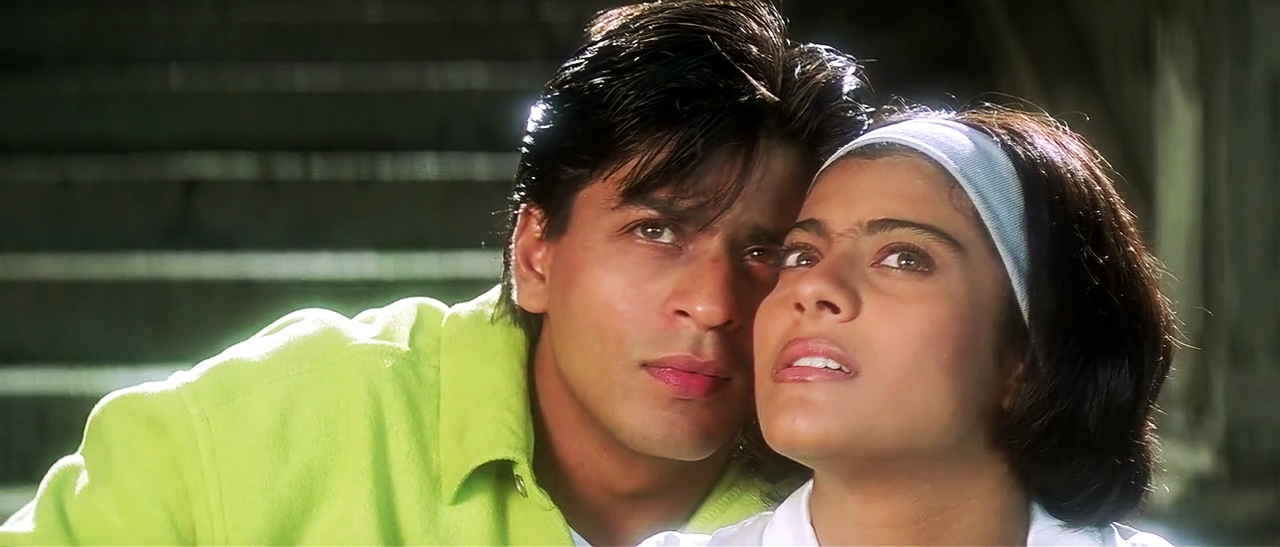KARACHI: Danish Taimoor and Dur-e-Fishan Saleem-starrer Kaisi Teri Khudgharzi aired its second last episode last night and allowed for an unexpected twist when Shamsher dies. When the drama first began, Shamsher’s character played by Danish Taimoor was one of the most toxic men our screens have made room for so far. Shamsher was violent, entitled and harassed Mehak and her family to a point where she was forced to marry him. After they got married, many viewers were concerned about Mehak falling prey to Stockholm Syndrome and falling in love with Shamsher.
View this post on Instagram
Though it did not immediately happen, the drama was sending across a dangerous message of evil men turning ‘good’. Even more alarming was the fact that, as audiences, our hatred for Shamsher weaned off. We witnessed ourselves giving Shamsher a slight nod when he settles for a mediocre job that his spoilt self would have never landed had he not left his father’s house. Even before he ‘changed’, as viewers we got an adrenaline rush every time Shamsher bullied Mehak’s family. We almost laughed at the extent to which others were scared of him. We commended Danish Taimoor for playing a character that we so deeply hated but could not stop watching.
And this was not even the first time Taimoor was playing such a character. Only last year, he played Shahzeb in Ishq Hai and honestly, we cannot decide which character was more toxic. As audiences, we watched both dramas with equal interest, making us a part of the problem. Taimoor seems to know the impact he has on his viewers and perhaps he even deserves to be commended as an actor.
While Kaisi Teri Khudgharzi did not allow for a happy ending between Shamsher and Mehak, perhaps it did make room for the narrative of ‘men will change after marriage’ or that ‘whatever Shamsher did, he did it out of love’. But is love meant to be life threatening? Is it meant to be forced?
Journalist and commentator Fifi Haroon and actor Nadia Jamil indulged in a brief discussion about the drama and reasons behind its viewership on Twitter. Haroon also reflected on how “its sending a dangerous message of forgiveness for a toxic breed of masculinity. But yes, we are all hooked to the serial!”
As Kaisi Teri Khudgharzi prepares for its last episode next week, we know that the happily ever after many of us expected (given the pattern of Pakistani dramas for decades) will not be there. Shamsher and Mehak will not live as a happy family with their newborn, nor will Shamsher ever be reunited with his father. However, what this then does is take attention away from who the real victim is. By killing Shamsher off, the writer has allowed for even more room for Shamsher’s behaviour to be forgiven and forgotten. How do we hate a man who loses his literal life, specially after ‘changing for the better’? How do we not feel sad for Mehak because she lost her husband and not because she is finally free from Shamsher’s shackles?
View this post on Instagram
What about the toxic men who don’t die? Do they deserve to live happy lives with their families? Do they deserve to be forgiven? More importantly, why must these men only become humble after their wealth is taken away from them? Why must power overshadow humanity each time? What about men like Baba Sahab who would much rather see their child dead than accept their choice, even if it means letting go of his ego for once? In the end, isn’t it men who always win then, one way or another?













